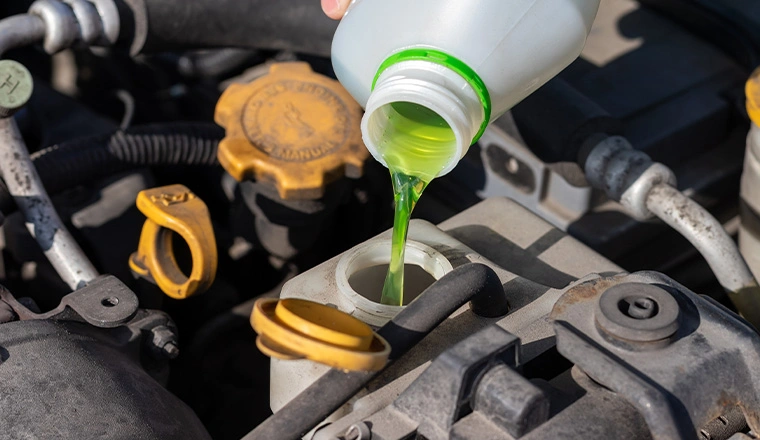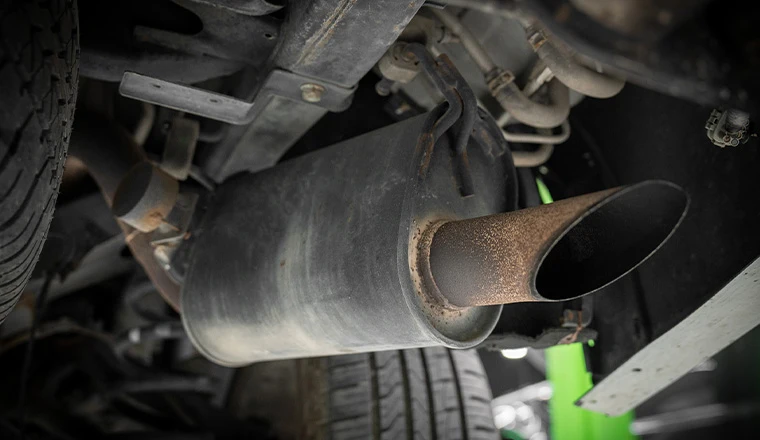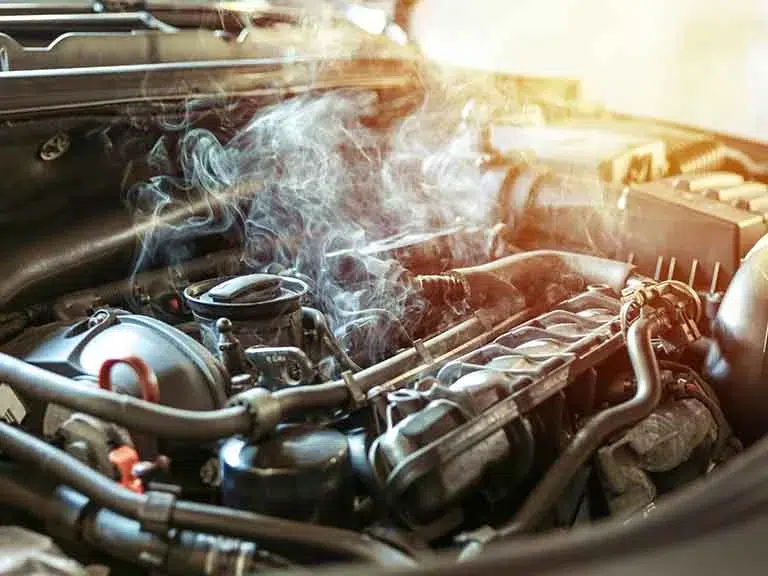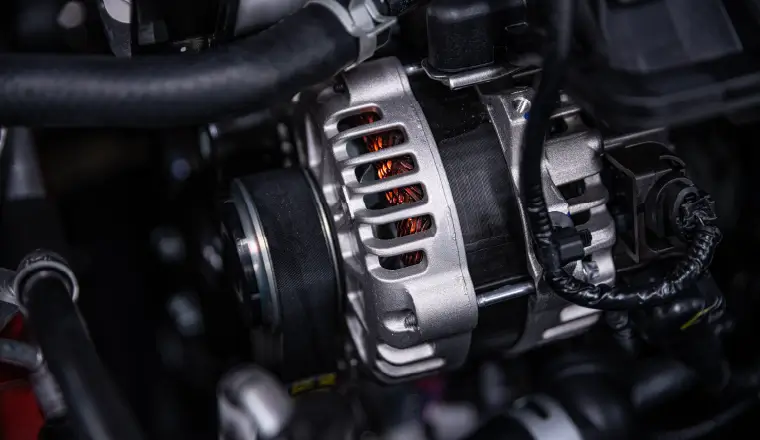
How to Know If You Have an Exhaust Leak?

Common signs include a loud hissing sound, a strong smell of exhaust inside the car, poor acceleration, and black soot around the exhaust system. If you notice these symptoms, inspect the exhaust for visible damage or seek professional assistance to prevent further issues.
Signs of an Exhaust Leak
- Increased Engine Noise
One of the most common symptoms of an exhaust leak is louder-than-usual engine noise. You might hear a distinct rumbling or hissing sound, especially when accelerating. These noises are caused by exhaust gases escaping from a crack or hole in the system. - Loss of Power and Acceleration
Exhaust leaks can disrupt the engine’s air-fuel ratio, leading to reduced performance. You may notice sluggish acceleration or a general lack of power when pressing the gas pedal. - Reduced Fuel Efficiency
If you’re making more frequent trips to the gas station, an exhaust leak might be the culprit. A leak can interfere with your engine’s efficiency, causing it to burn more fuel than usual. - Smell of Gas or Exhaust Fumes
A strong smell of exhaust fumes inside your car is another red flag. This can indicate a leak allowing harmful gases like carbon monoxide to enter the passenger cabin, which is a serious health hazard. - Visible Damage or Soot
Inspect your exhaust system for visible cracks, holes, or black soot around the leak area. Corrosion and rust are common causes of damage to exhaust pipes and joints. - Check Engine Light
An illuminated check engine light can signal various problems, including exhaust system issues. A diagnostic scan can pinpoint whether the cause is an exhaust leak or another engine-related problem.
Risks of Ignoring an Exhaust Leak
Ignoring an exhaust leak can lead to several problems, including:
- Health Risks: Exposure to toxic gases like carbon monoxide can cause headaches, dizziness, nausea, and even severe respiratory issues.
- Engine Damage: Exhaust leaks can cause excessive heat to build up, potentially damaging nearby components.
- Failed Emissions Tests: In areas with emissions testing, an exhaust leak can result in your vehicle failing the inspection.
- Increased Noise and Pollution: A leak can make your car noisier and contribute to air and water pollution.
Causes of Exhaust Leaks
Finding the Leak:
- Vacuum Method: Use a vacuum cleaner to detect leaks without starting the engine. Attach the vacuum’s pipe to the tailpipe, turn it on, and listen for hissing sounds around the exhaust system using a stethoscope or tube.
- Visual Inspection: Check for visible cracks, rust, or soot around joints and pipes.
- Soapy Water Test: Spray soapy water on suspected areas and look for bubbles when the engine runs.
Fixing the Leak:
- Identify the Source: Locate the exact point of the leak.
- Replace Damaged Parts: If the leak is due to a worn gasket, cracked pipe, or corroded muffler, replace the component.
- Use Temporary Repairs: For minor leaks, use exhaust tape, epoxy, or aluminum patches as a short-term fix until professional repairs are made.
- Reinforce Connections: Tighten or replace loose bolts and clamps to secure the exhaust system.
Preventing Exhaust Leaks
- Schedule regular car inspections in Abu Dhabi to ensure your exhaust system is in top condition.
- Avoid driving on rough roads and regularly wash your car to minimize rust formation.
- Replace damaged hangers or isolators to prevent excessive vibration.
Why Choose Exotic Auto Service?
At Exotic Car Workshop, we specialize in diagnosing and exhaust repair for all makes and models. With expert technicians and state-of-the-art equipment, we ensure your vehicle operates safely and efficiently. Don’t wait for a small exhaust issue to turn into a major problem.
Read More About
1: Can You Drive a Car Without Coolant?
Our Services
Frequently Asked Questions
What are the signs of an exhaust leak?
Signs of an exhaust leak include unusual noises like hissing or popping, reduced engine performance, poor fuel efficiency, a gas smell in the cabin, or vibrations when driving.
Can an exhaust leak reduce fuel efficiency?
Yes, an exhaust leak can make the engine work harder, leading to increased fuel consumption and lower mileage.
Are exhaust leaks harmful to health?
Exhaust leaks can let toxic gases like carbon monoxide into your car, which can cause dizziness, headaches, or more serious health problems.
How can I detect an exhaust leak at home?
Look for visible damage, black soot, or listen for unusual sounds near the exhaust system. You can also use a vacuum cleaner to safely check for leaks by creating pressure in the system.
What should I do if I suspect an exhaust leak?
If you think there’s an exhaust leak, avoid driving and get your car inspected by a professional right away to stay safe and prevent further damage.























